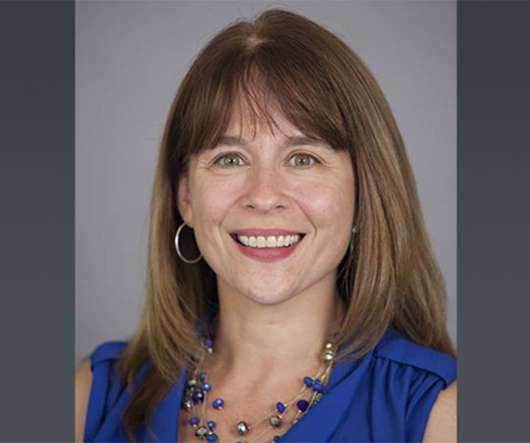Deprescribing Super Special Part II: Podcast with Elizabeth Bayliss, Ariel Green, and Kevin McConeghy
GeriPal
AUGUST 4, 2022
My take home from this is that while the most preferred explanation for deprescribing statins and sedative-hypnotics is one focused on the risk of side effects, we also need to individualize it to the patient and the medication that they are taking. Maybe that’s where the individualizing it, the person that’s front of me.













Let's personalize your content